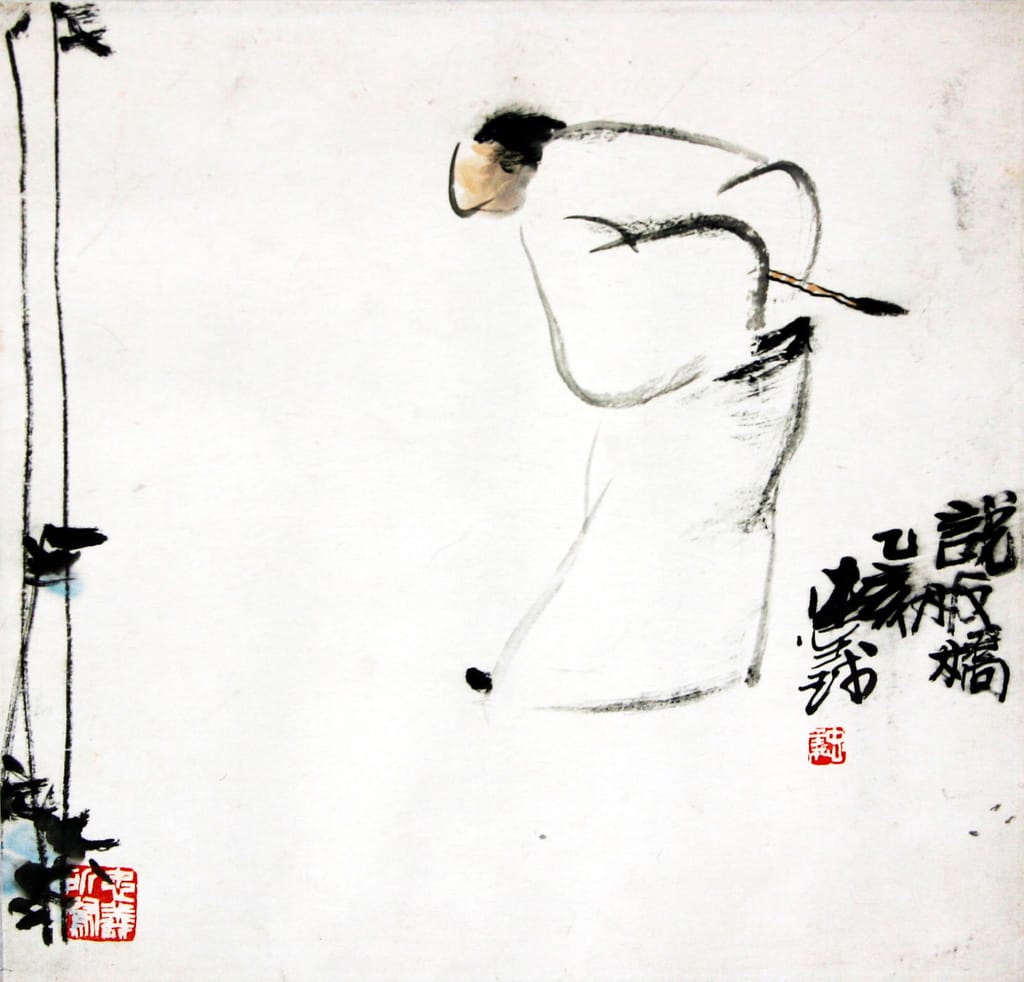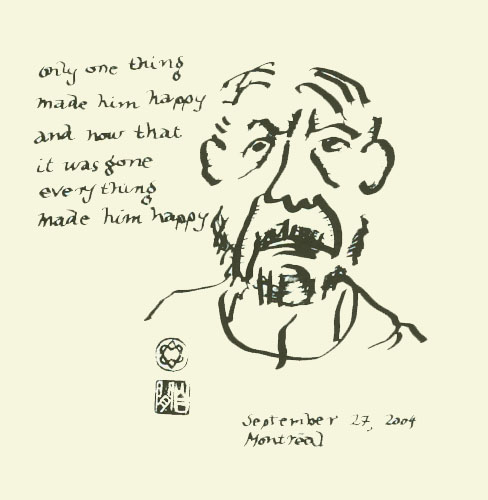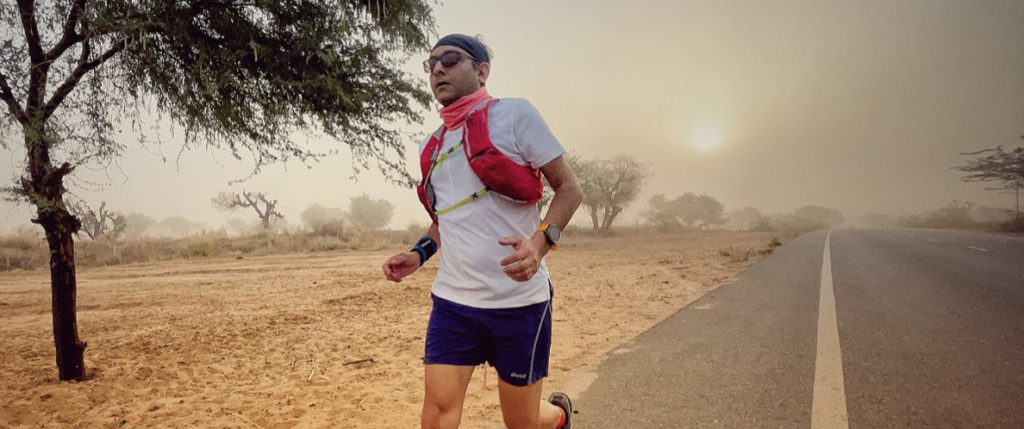[ cross-posted at Zenpundit — suggesting that the “how do we know when a radicalized thinker shifts into violent action mode?” question is frankly a koan ]
.

stern task-master image borrowed from The Zen Priest’s Koan
**
We’d been discussing on FB The Right Way to Understand White Nationalist Terrorism, and in particular this observation:
This movement is often called white nationalist, but too many people misunderstand that moniker as simply overzealous patriotism, or as promoting whiteness within the nation. But the nation at the heart of white nationalism is not the United States. It is the Aryan nation, imagined as a transnational white polity with interests fundamentally opposed to the United States and, for many activists, bent on the overthrow of the federal government.
and an idea occurred to me that seemed interesting enough for me to re-post it here on Zenpundit and Brownpundits:
We’re seeing a lot of discussion of how to foresee the switch from a terror-propensity thought into a terrorist act. Even in retrospect this is very difficult to manage, although lots of people elide the difference or feel constrained to separate the two, and managing an effective strategy to accomplish forewarning seems close to impossible.
I’d like to observe that the great leap between thought and act is in fact a leap across the mind > brain distinction, ie the “hard problem in consciousness”. > It’ds called the “hard problem” because it’s a question so basic that our best reaches of thought can’t stretch across the inherent paradox, a koan in effect.
Perhaps if we started with that koan, we could at least understand the “size” of the problem that predicting terrorist violence poses.
**
I think that’s, technically, an audacious idea.
What the hell do I mean by that? It doesn’t threaten my physical well-being, nor, I’d suspect, national security. It’s “just a thought” — so what’s the big deal?
Well, it concerns a matter of immediate strategic and tactical concern, for one thing. And for another, it takes that strategic and tactical issue way past its present discursive parameters, and analyzes it to a level of fundamental abstraction — so much so that it invokes one of the few most basic unresolved issues in scientific thought, a veritable western koan.
That’s quite a reach, but I believe it’s a reach that illuminates the difficulty of the “strategic and tactical issue” from a fresh point of view that’s frustratingly so deep as to be virtually impenetrable.
**
In Chalmers‘ words, the “hard” problem is:
how physical processes in the brain give rise to subjective experience … the way things feel for the subject. When we see for example, we experience visual sensations, such as that of vivid blue. Or think of the ineffable sound of a distant oboe, the agony of an intense pain, the sparkle of happiness or the meditative quality of a moment lost in thought
You remember the kids’ mathematical saying, “three into two won’t go”? Well here’s a case of “mind into brain won’t go” in the sense of Chalmers‘ hard problem.
**

Leonard koan, yes, yes — from Leonard Cohen (1934-2016)


